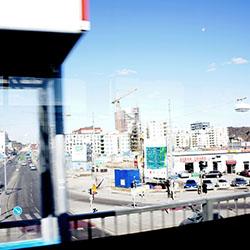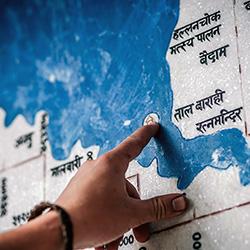
Planning methods for sustainable local and regional development
There is a need to develop planning tools that can better handle local-regional imbalance and uneven geographic development. This project therefore aims to develop more dynamic local-regional planning and thereby increase the possibilities to create equality and justice in a regionalised urban-rural landscape.
Contemporary regional planning is characterised by overly hierarchical views on planning levels and sectors, hindering a more dynamic relationship between local and regional actors. There is also a lack of urban planning and design theory that can be used to understand and handle the relationship between space and power in an urban planning and design context that can meet with contemporary local-regional conditions.
Against this background, the following themes have been identified for the pre-study, focusing on West Sweden:
1. Identify, describe and problematize polarisation between urban and rural and between centre and periphery.
2. Investigate spatial consequences of concentrating and extending urbanisation processes.
3. Investigate effects of regional enlargement for supply of competence.
4. Develop cooperation processes between planning levels to secure implementation of regional planning.
5. Develop planning methods, theory and approaches to create cooperation projects and strengthen flexibility between local and regional planning.
6. Investigate conditions and consequences of localisation of housing that implies resource-demanding investments in infrastructure and public services.
Activities
The following activities will be carroed out:
Knowledge overview
A knowledge overview focusing on local-regional planning in Nordic context will be produced. It will cover both practical aspects as well as theory. Similarities and differences between the Nordic countries will be discussed.
Establish cooperation between academy and practice
A consortium of actors from local and regional planning will be established that together will identify relevant research questions.
Applications
Based on the identified research questions more extensive research applications for future cooperation projects will be submitted.
Photo: Flickr, Craig Morey







